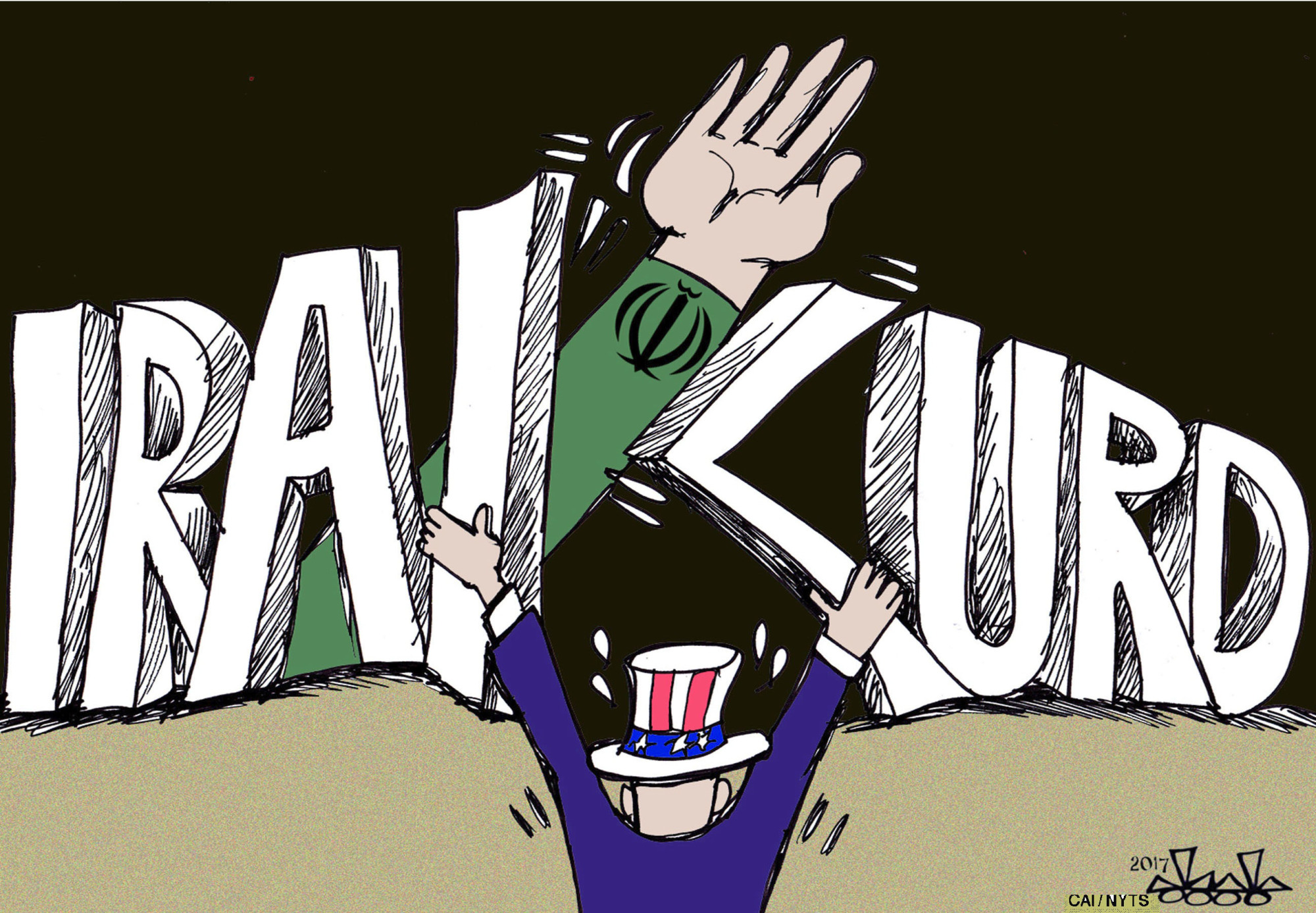With Islamic State in fatal decline and the edges of Kurdistan afire, the Middle East is entering a new era, dominated by the Saudi-Iranian power struggle. The United States, which did so much via its unnecessary invasion of Iraq and tragic handling of the post-incursion period to nurture the growth of Islamic State, will be largely missing from the scene. Instead, the struggle will, as it did during the fight against the Sunni extremists of Islamic State, involve shifting Sunni and Shiite allegiances.
For the moment, there seems to be an easing in the historic tensions between the two main — and often warring — branches of Islam. Religious differences are not the focus; this is a classic geopolitical power struggle for control of Iraq, Syria and Kurdistan, and for expanding diplomatic and strategic reach throughout the region.
Iran is lined up to be the big winner in Syria. Islamic State's defeat will significantly lessen Sunni influence, and Tehran's role as Syrian President Bashar Assad's protector will only increase now that it appears Assad will remain in control of some portion of the country. Iran will have pieced together a land corridor to the Mediterranean. The Saudis will be left with little influence.



















With your current subscription plan you can comment on stories. However, before writing your first comment, please create a display name in the Profile section of your subscriber account page.